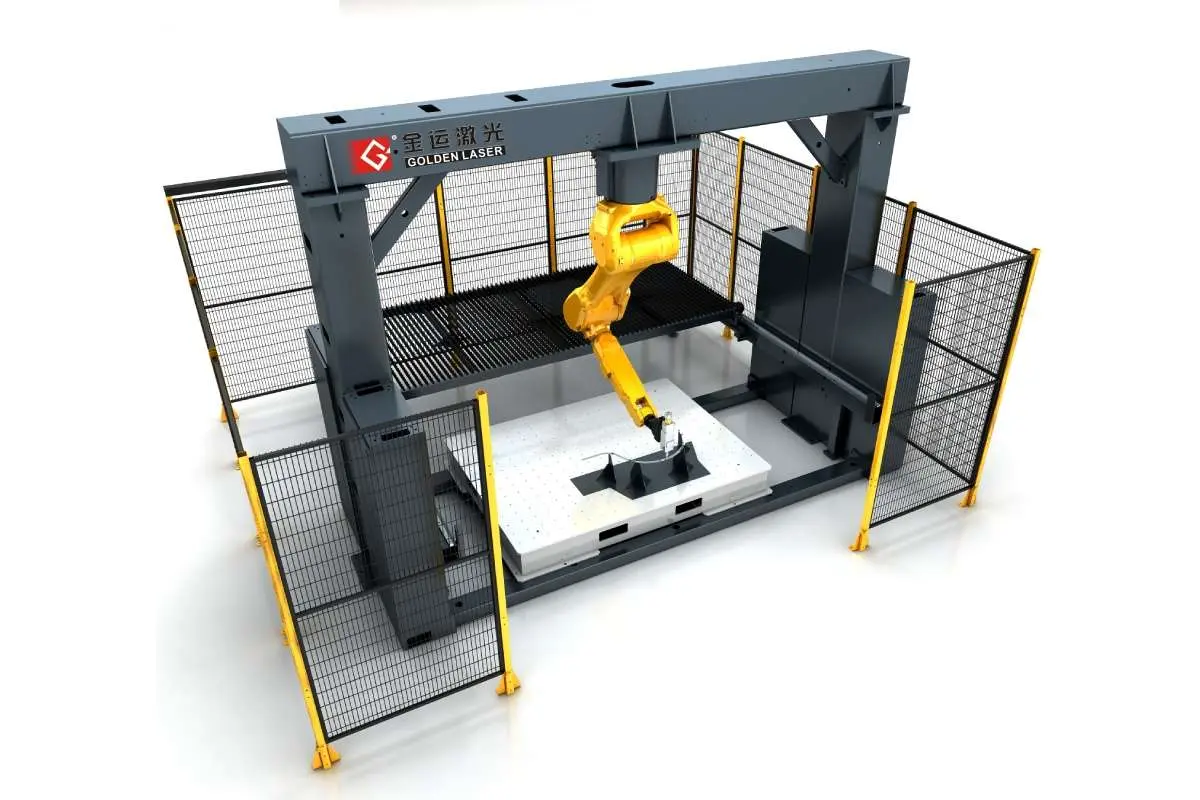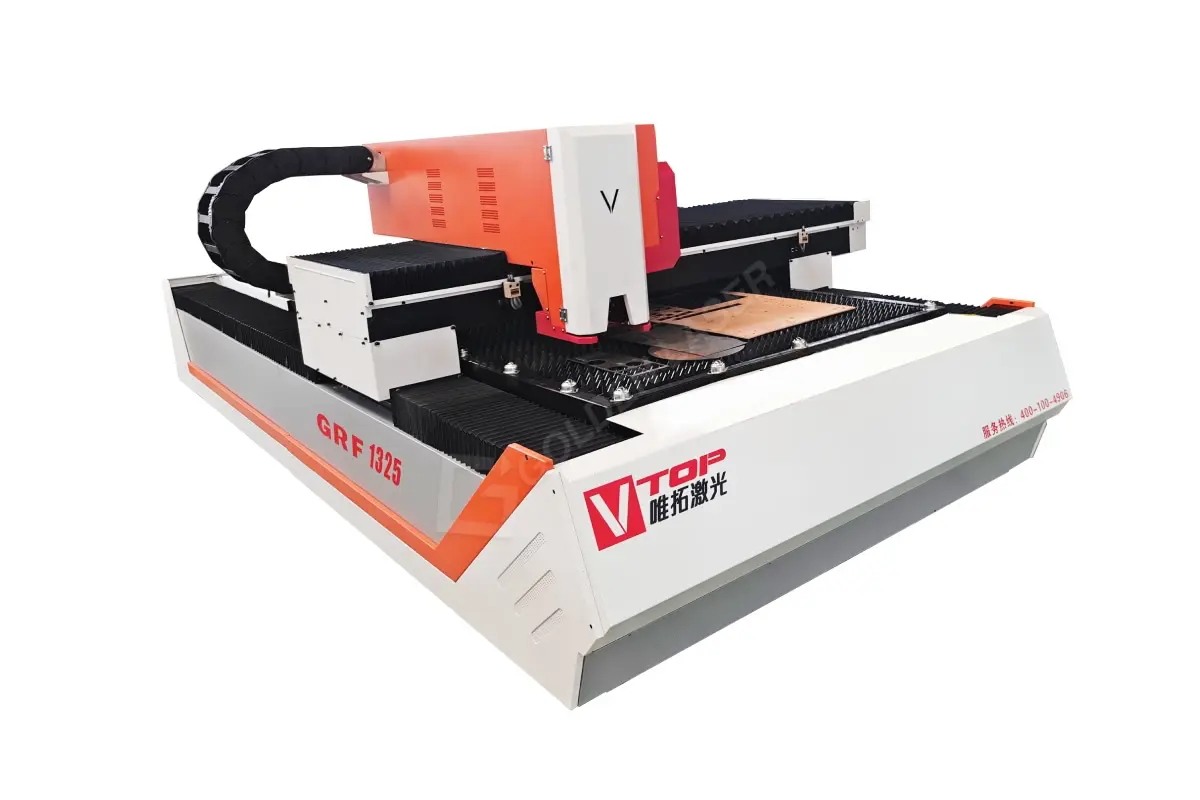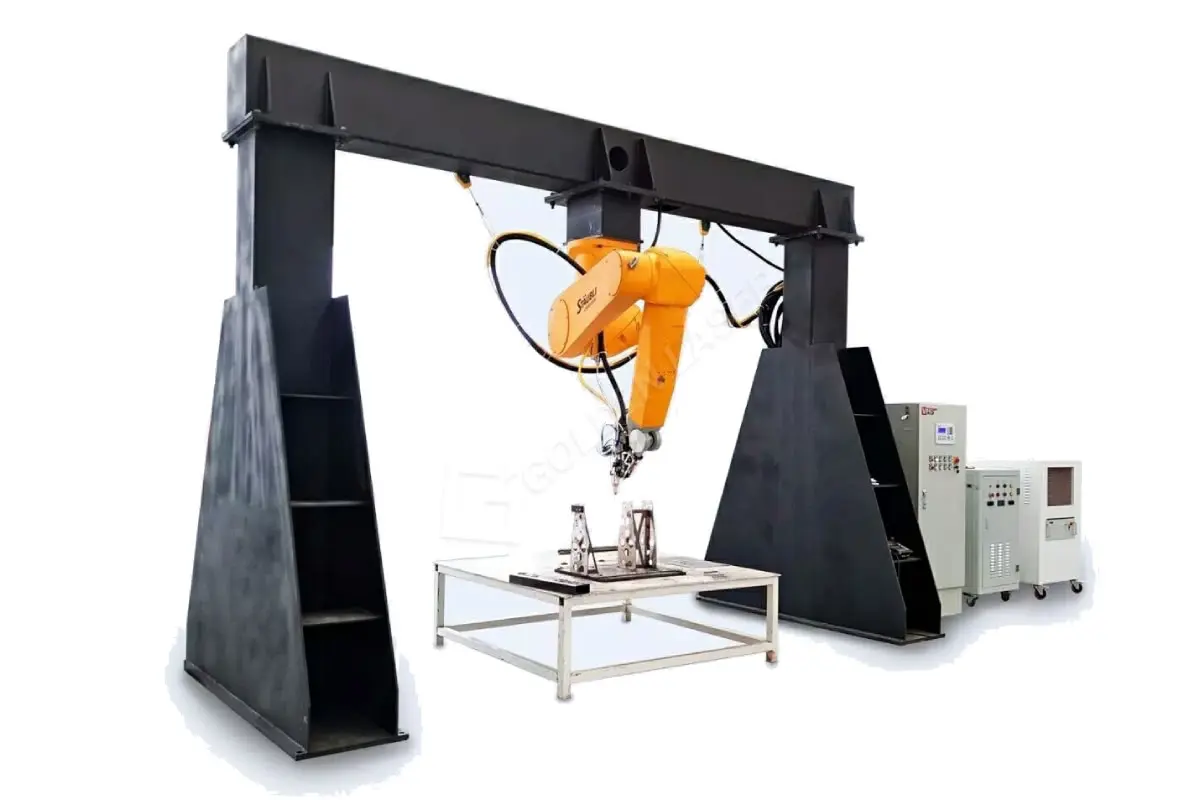****
In the world of manufacturing, precision and efficiency are paramount, especially when working with materials like copper, which is widely used across various industries due to its excellent electrical and thermal conductivity. To meet the ever-increasing demands for accuracy and quality, manufacturers have turned to advanced technologies such as CNC (Computer Numerical Control) machining. This article explores the significant role that CNC machines for copper play in the manufacturing process, highlighting their benefits, applications, and the technological advancements that drive them.
Understanding CNC Machining

Unlocking Precision Manufacturing: The Vital Role of CNC Machines for Copper in Modern Industries
CNC machining is an automated process that utilizes computer-controlled machines to precisely cut, shape, or finish materials. Unlike manual machining, CNC machining removes the human element from the process, allowing for highly accurate and repeatable results. The use of CNC machines has revolutionized various sectors, including electronics, automotive, aerospace, and telecommunications, particularly in processing materials like copper.
The Properties of Copper
Copper is a metal that boasts unique physical properties, making it a preferred choice for many applications. It offers high thermal and electrical conductivity, excellent malleability, and significant corrosion resistance. These characteristics make copper an ideal choice for electrical wiring, plumbing systems, and various components in consumer goods. However, working with copper requires special machinery and techniques, as its softness can lead to challenges when cutting and shaping.

Unlocking Precision Manufacturing: The Vital Role of CNC Machines for Copper in Modern Industries
Advantages of Using CNC Machines for Copper
1. **Precision and Accuracy**: One of the primary reasons manufacturers choose CNC machining for copper is the level of precision it offers. CNC machines can produce parts with tolerances as tight as a few microns, ensuring that components fit perfectly within assemblies. This accuracy is crucial in industries such as electronics and aerospace, where even minor discrepancies can lead to failure.
2. **Complex Geometries**: CNC machines can handle intricate designs and complex geometries that would be nearly impossible to achieve with manual machining. Whether it’s intricate circuit boards or specialized electrical connectors, CNC machines can reproduce designs flawlessly, ensuring each part meets the necessary specifications.
3. **Consistency and Reproducibility**: Once a CNC program is written, the machine can replicate the same part an unlimited number of times without variation. This consistency is essential for mass production and helps maintain quality control, allowing manufacturers to scale their production seamlessly.
4. **Reduced Waste and Cost Efficiency**: CNC machining is often more material-efficient than traditional methods. The precise cutting techniques employed reduce excess waste, resulting in lower material costs. Additionally, the automation of the process minimizes labor costs and increases overall productivity.
5. **Quick Turnaround Times**: In today’s fast-paced market, the speed of production can make a significant difference. CNC machines not only enhance production speed but also allow for rapid prototyping. Manufacturers can quickly iterate on designs and bring products to market faster than ever before.
Applications of CNC Machines for Copper
CNC machines find a broad range of applications when it comes to processing copper. Some of the major areas include:

Unlocking Precision Manufacturing: The Vital Role of CNC Machines for Copper in Modern Industries
– **Electronic Components**: Copper is widely used in circuitry, making CNC machines essential for fabricating connectors, circuit boards, and other electronic parts.
– **Heat Exchangers**: Efficient thermal conductivity makes copper a choice material for heat exchange systems. CNC machining helps design and build these systems with accuracy and durability in mind.
– **Custom Parts Manufacturing**: Many industries require custom copper components tailored to specific applications, from automotive parts to unique artistic creations. CNC machines facilitate the creation of these specialized components swiftly and efficiently.
Conclusion
CNC machines for copper represent a pivotal advancement in manufacturing technology, enabling industries to produce high-quality, precision components with unmatched efficiency. As manufacturing continues to evolve, the role of CNC machining will undoubtedly expand, driving innovation and pushing the boundaries of what is possible with copper and other materials. Embracing this technology allows manufacturers to remain competitive in an increasingly demanding market and offers unparalleled opportunities for growth and development across various sectors. The future of manufacturing is here, and it is powered by CNC machines. Silver Plate Fiber Laser Cutting Machine
